
WEST AFRICA FOOD SYSTEM RESILIENCE PROGRAMME [FSRP GHANA]
Type and hit enter
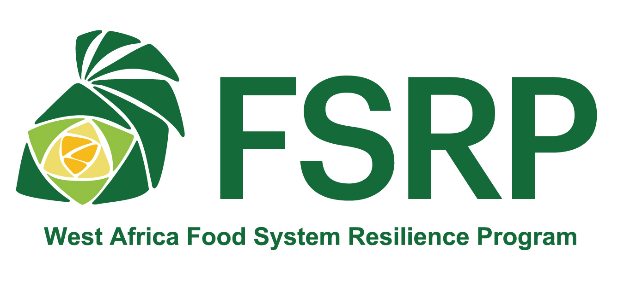
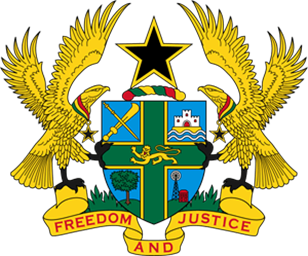
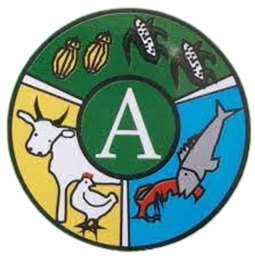
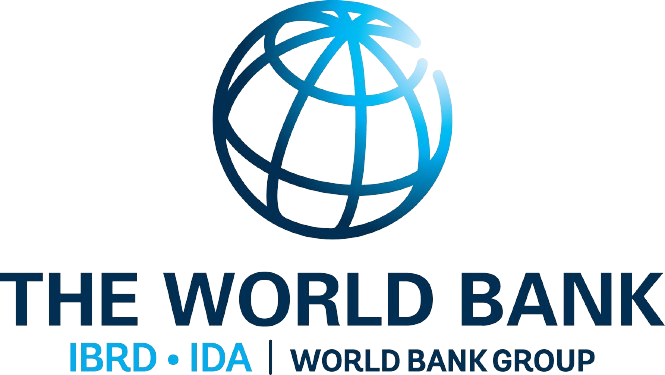

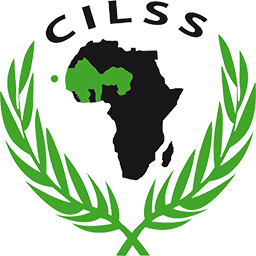
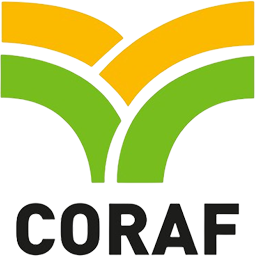
FSRP GHANA

The Economic Community of West African States (ECOWAS) and the World Bank Group, having identified common natural and social phenomena which impede food production and distribution in the sub region (like floods, droughts, the spread of pests, livestock diseases, pandemics and civil wars), have found it expedient to coordinate efforts among its member nations to strengthen food system risk management in the sub region. This is being carried out across the region, through the West Africa Food System Resilience Programme (FSRP). The programme’s development objective is “to increase preparedness against food insecurity and build resilience of food systems in participating countries”. Participating countries include Ghana, Togo, Burkina Faso, Mali, Niger, Chad, Sierra Leone, and Senegal.
In line with this, FSRP, which in Ghana is being driven through the Ministry of Food & Agriculture, is rolling out a combination of adaptive, innovative and sustainable interventions to arm vulnerable households, families, farmers and communities to withstand uncertainty and shocks in food production and distribution in the sub-region. FSRP Ghana is focusing primarily on the intensified production, marketing and consumption of wholesome Rice, Maize, Broiler Poultry, Soyabeans and Tomatoes.
To that end, preparations are fast advancing to construct or refurbish pivotal value chain facilities across the country, including: veterinary-based laboratories; plant-based laboratories; a seed bank; inner valleys; irrigation schemes; selected border posts; warehouses and markets (for cross-border bulk trade of rice, maize, soya and broiler poultry). FSRP is also supporting anchor poultry farmers with input credit; and crop farmers with climate smart seeds and fertilizers; promoting innovative and smart technologies (which are climate-smart and youth/gender-sensitive); conducting pest and diseases surveillance; and installing Automated Weather Stations for agric-focused and location specific weather forecasts.
Background
The Government of Ghana (GoG) through the Ministry of Food and Agriculture (MoFA) in collaboration with the Economic Community of West African States (ECOWAS) intend to participate in the second phase of the West Africa Food System Resilience Programme (FSRP2) under the World Bank Multi-Phase Programmatic Approach (MPA) to strengthen regional food system risk management, improve the sustainability of the productive base in targeted areas and to develop regional agricultural markets. The FSRP2 will contribute to enhancing the capacity of vulnerable households, families, communities, and food systems within the country to face uncertainty and the risk of shocks; to withstand and respond effectively to shocks; as well as to recover and adapt in a sustainable manner.
The Program includes three regional institutions: Economic Commission of West African States (ECOWAS), The Permanent Interstate Committee for Drought Control in the Sahel (CILSS), and the West and Central African Council for Agricultural Research and Development (CORAF). Phase 1 of FSRP countries include Burkina Faso, Mali, Niger, and Togo. Phase 2 countries include Chad, Ghana, and Sierra Leone. The Program is expected to end December 2030. Ghana will implement the program for 5 years (expected end date December 2026) with a financing envelope of US$100 Million. Implementation of FSRP2 is particularly important for Ghana’s food and nutrition security situation due to the uncertainty of the nature and severity of Covid-19 impacts across the agricultural value chain.
FSRP runs on 5 key Components as follows:
Component 1: Digital Advisory Services for Agriculture and Food Crisis Prevention & Management
Sub-Component 1.1 Upgrading Food Crisis Prevention and Monitoring Systems
Sub-Component 1.2 Strengthening Creation and Provision of Digital Advisory Services for Farmers
Component 2: Sustainability & Adaptive Capacity of the Food System’s Productive Base
Component 3: Market Integration and Trade
Component 4: Contingent Emergency Response Component
Component 5: Project Management
TARGET VALUE CHAINS
Maize, Rice, Soya & Poultry
PROGRAM DEVELOPMENT OBJECTIVES
The main Program Development Objective (PDO) of the FSRP2 is to strengthen regional food system risk management, improve the sustainability of the productive base in targeted areas and to develop regional agricultural markets. The agricultural priority focus of Ghana in this program aligns with regional priorities outlined in the regional agricultural policy for West Africa with greater integration in markets in the sub-region. The specific PDOs are:
(a) To establish risk management architecture to provide early warning support to value chain actors at national and regional level;(b) To scale up dissemination, adoption and capacity building programmes focused on regional and national priority commodities;
(c) To develop, expand and maintain areas under Sustainable Land and Water Management (SLWM);
(d) To strengthen partnership among actors in priority value chains; and
(e) To facilitate and promote regional trade in inputs and output of targeted value chains.
IMPLEMENTATION TARGET AREAS (GHANA):
The entire country will benefit from improved delivery of agro-advisory services. However, selected target areas among ten (10) regions will receive additional interventions:
Target Area 1: Lower Volta Basin (shaded purple)Target Area 2: Upper Volta Basin (shaded yellow)
Target Area 3: Middle Belt (shaded green)
Lower Volta Basin: Greater Accra, Eastern, Volta, Central.
Upper Volta Basin: Upper East, Northern and North-East
Middle Belt: Ashanti, Bono East, Bono
And in selected districts within the regions as follows:
Ashanti Region:
Ejura Sekyedumase, Asante Akyem North, Sekyere Central, Offinso North, and Sekyere Affram Plains.
Bono East Region:
Techiman North, Nkoranza North, Techiman South, Nkoranza South, Atebubu Amantin, Sene West
Greater Accra Region:
Shai Osudoku and Kpone Katamanso Districts, (specifically the Kpong Irrigation Scheme and the Kpong Left Bank Irrigation Project)
Upper East Region:
The Project will be implemented within the White Volta Basin area covering 12,000km2 with a population of about 1.4 million in the Upper East Region of Ghana.
Volta Region:
Agotime Ziope, Adaklu Anyingbe, Central Tongu, North Tongu, and Ketu North Districts
Central Region: Effutu District
Eastern Region: Lower Manya Krobo District
Savannah Region: In the Savannah Region the project will be implemented in the Forest Transition and Guinea Savannah areas covering 27,810km2 of land and a population of and 834,787 persons.
TARGET BENEFICIARIES
The primary beneficiaries are the producers, aggregators, traders and all actors of the selected Value Chains (VCs). Other beneficiaries include key participants in establishing, managing and dissemination risk management data and information as well as researchers, public and private extension service and advisory agencies, research institutions, universities, private sector, Non-Governmental Organisations (NGOs), trade associations, financial Institutions and government agencies involved in value chain management. In all 300,000 direct & 1,080,000 indirect beneficiaries are anticipated.
The following are the proposed PDO level outcome indicators:
1. Strengthened regional food crisis prevention and management systems are used for decision making;2. Total number of project beneficiaries;
3. Producers adopting supported agricultural technologies and services, including access to agrometeorological information through digital channels (by gender);
4. Area under sustainable and integrated land management practices; and
5. Countries implementing regional trade policy in targeted input and output VCs.
© 2025 West Africa Food System Resilience Project / Ministry Of Food and Agric. All right reserved.
Facebook Handles
Your experience on this site will be improved by allowing cookies.